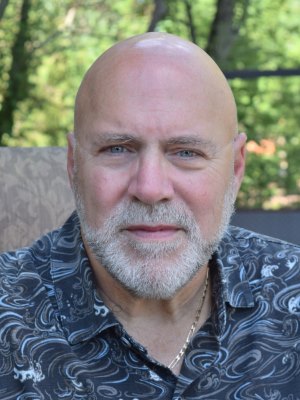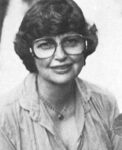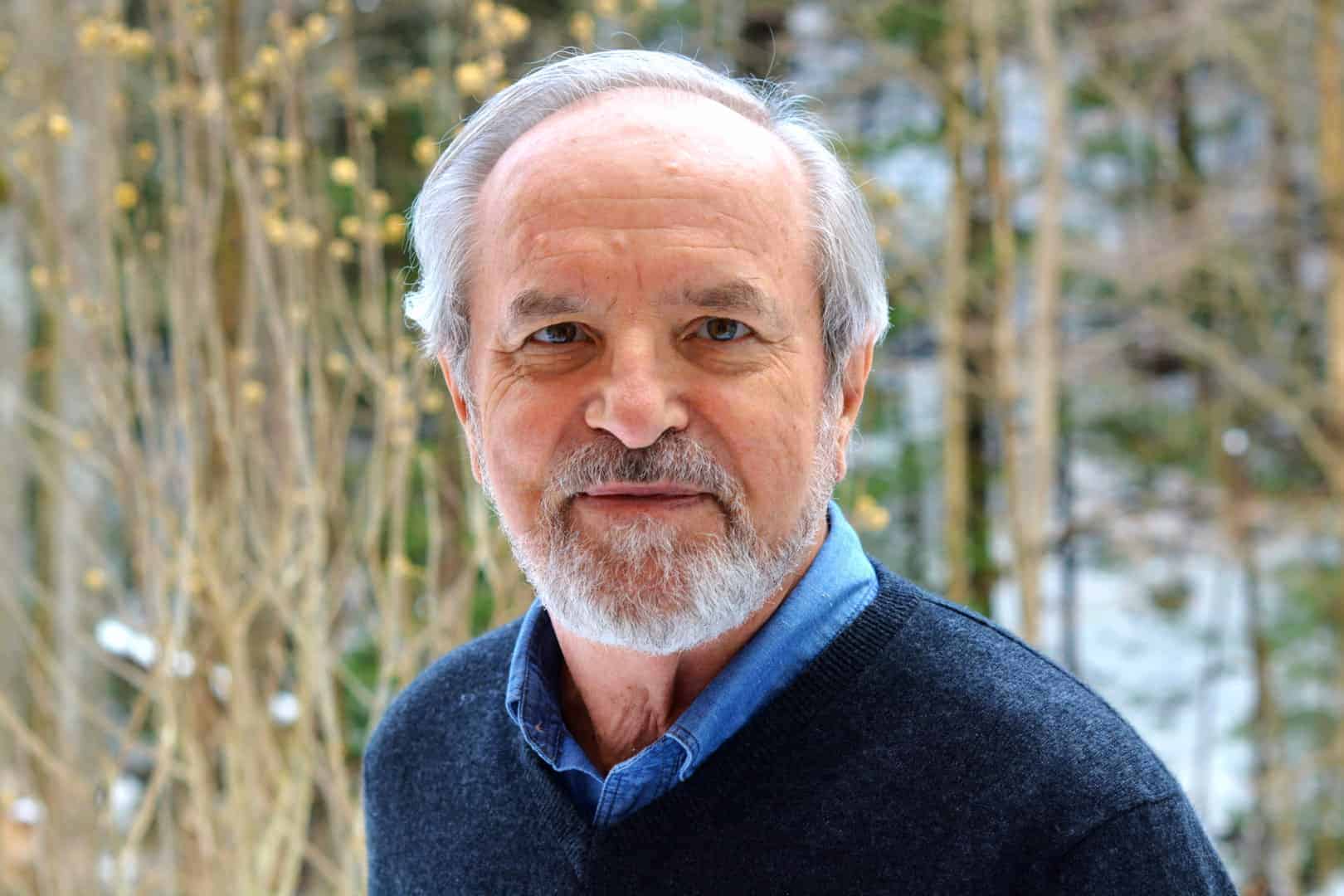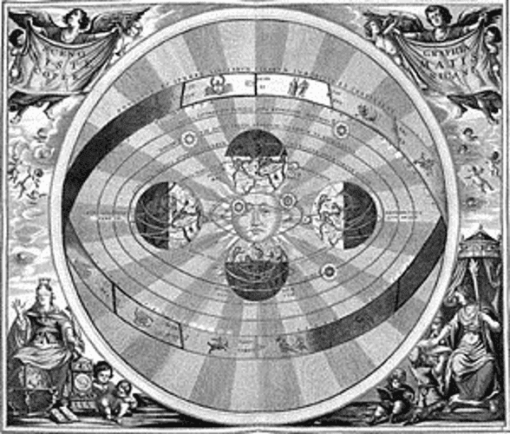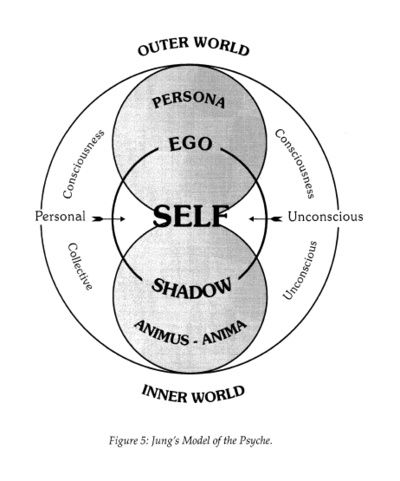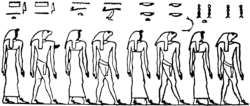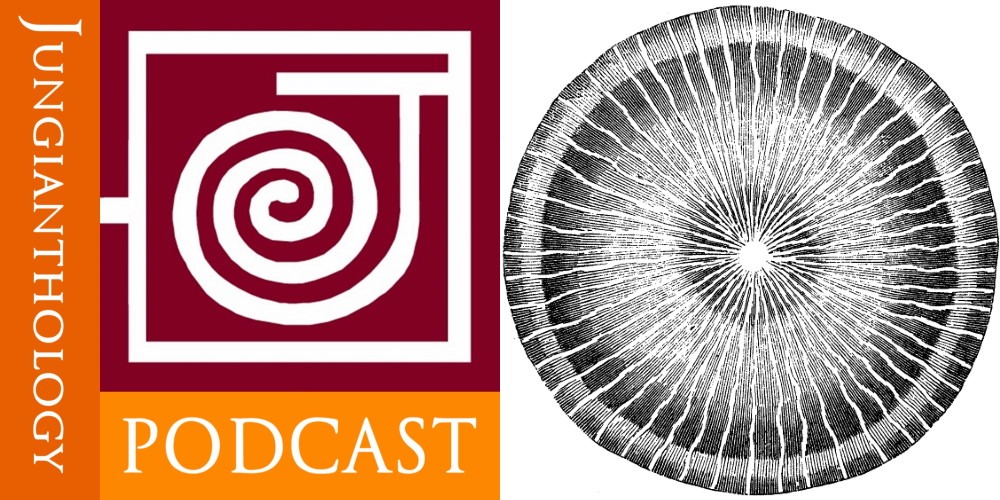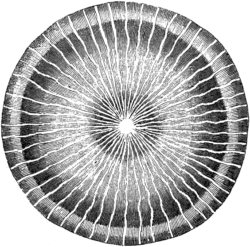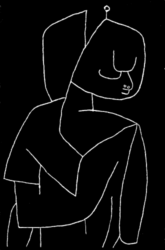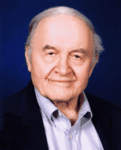Death Panels: Our Cultural Complex Around Death
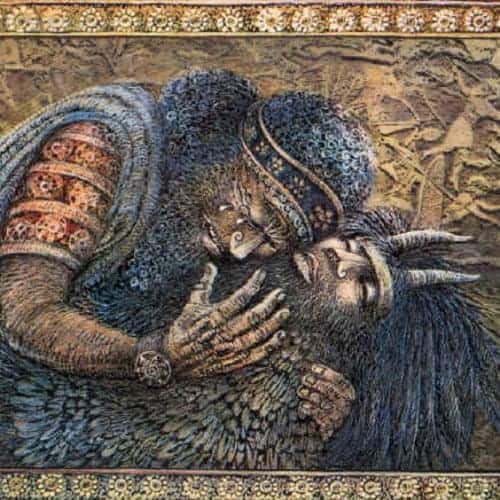
with Dan Ross, RN, PMHNP
In recognition of the current COVID-19 pandemic and the crisis affecting our healthcare system, we are sharing a recent seminar by Dan Ross, “Death Panels: Our Cultural Complex around Death”, in its entirety. This seminar was part of our public program series this year, and was recorded on February 28th, 2020.
The Spirit of the Times shapes our heroic attitude toward disease and death. Instead of the initiatory experience that fear of death can provide, we are paralyzed in our fear and cling to images of immortality found in modern medical institutions. The Affordable Care Act’s provision of reimbursing medical practitioners for having end-of-life discussions with patients with life-limiting illnesses constellated a collective panic. The cultural complex distorted these simple end-of-life discussions (brilliantly discussed in the best-selling book by Atul Gawande, Being Mortal) into what were called “Death Panels.” The fear was that a group of professionals would sit around and decide whether we should live or die. What was behind this cultural complex?
When we are forced to engage with the healthcare industry through illness, we are carried along a hero’s journey to treat death as the ultimate evil, and, in the process, we miss the transformative opportunities an encounter with death can provide. How did modern medicine come to carry for us the image of immortality? In this program, we will use myth, literature, and film to explore the Spirit of the Depths to better understand the archetypal underpinnings of modern medicine’s relationship to death and immortality.
PowerPoint slides used in the talk are available HERE
Dan Ross, RN, PMHNP, MSN, MBA has been a nurse for 40 years. He has worked extensively as Director of Clinical Services in the field of home health care and hospice. As a Psychiatric Mental Health Nurse Practitioner, he brings both a medical and psychiatric experience to his work. He currently works part time in the field of Palliative Care and Hospice as a Nurse Practitioner, visiting patients in their home or nursing facility helping them in their transition to hospice. He is also a Jungian Analyst in private practice in downtown Chicago.
Podcast: Play in new window | Download (74.8MB)
Support Us: Visit Our Store | Make a Donation
Thank you to our 2019 Supporter level donors: Bill Alexy, Usha and Ashok Bedi, Circle Center Yoga, Arlo and Rena Compaan, Eric Cooper and Judith Cooper, Lorna Crowl, D. Scott Dayton, George J. Didier, the Kuhl Family Foundation, Ramaa Krishnan & Full Bloomed Lotus, Suzanne G. Rosenthal, Deborah Stutsman, Debra Tobin, Alexander Wayne and Lynne Copp, Gerald Weiner.
© 2020 Dan Ross. This podcast is licensed under a Creative Commons Attribution-NonCommercial-NoDerivatives 4.0 International License. You may share it, but please do not change it, sell it, or transcribe it.
Music by Michael Chapman
Edited and produced by Benjamin Law

